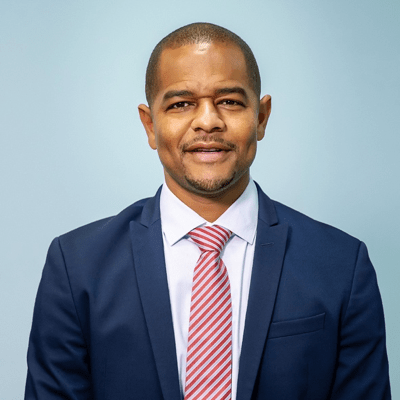By Sebas Bastian
If you are an avid sports fan and study how your favorite game is played, it’s likely you already know what it takes to win.
No matter the game, it takes a great coach, talented team members, and calling the right plays at the right time to clinch the win.
Applying this analogy to our economy right now, The Bahamas has the ball with two minutes left on the clock, and we are down 10 points. The playing field is full of obstacles thanks to the climate crisis causing storms like Hurricane Dorian, and the global COVID-19 pandemic, which has rocked the global economy.
But if we are honest, we were behind in points before these tragedies because of our lack of preparation. We have failed to invest in our team—our citizens, infrastructure, and how we conduct business—in a way that could prepare us for the game we are trying to win.
But hope is not lost. We can still win despite the current environment and the challenges of our own making. Winning will require putting the best players on the field who can perform under pressure and know quite well that running the ball is no longer an option, we have to throw it. But the most critical element to winning right now is a well thought out game plan—one suited for the current environment and is also aggressive and achievable.
COVID-19 has exposed the pre-existing lack of diversity in our economy and the dire need for a dynamic and innovative national plan that will not die on the shelf. It must be implemented!
The two most fundamental components of this national plan are reducing our expenses and growing the country’s revenue in ways that are different from taxing the same industries or our citizens.
Now, as many people hunker down in full survival mode, it’s time to reduce the cost of living, and the most immediate way to do that is by reducing the cost of energy.
For some Bahamians, the cost of energy can sometimes be as high as their rent. With this as one of the most significant monthly expenses, the Bahamian people need to benefit most from the new Bahamas Power and Light (BPL)/ Shell deal. We don’t want to be lulled to sleep with a false sense of ownership. What we need is affordable and reliable energy, and we need it now!
In the United States, the chained consumer price index for urban consumers (C-CPI-U) measures the overall cost of living for US consumers. The C-CPI-U is calculated by using several inputs, including the cost of energy. When the C-CPI-U decreased between 2014 and 2016, the price of oil and natural gas had a significant impact on the index. This was while other inputs like the cost of food and shelter rose. That’s how significant energy is in reducing the cost of living.
We cannot promote manufacturing, feeding ourselves, or the creation of more small and medium-sized enterprises (SMEs) when the energy cost associated with operating any of these businesses makes it unfeasible from the start.
Additionally, we cannot continue to tout a “Bahamas for Bahamians” and talk about the promotion of new industries without programs and policies that support Bahamian ownership and business-viability.
Where are the incentives, the tax breaks, the access to funding, and to crown land? All of which are necessary to start and maintain these new industries.
Let’s take access to funding as an example. The government has tried to do its part by guaranteeing loans and grants through various programs. Yet, according to the Inter-American Development Bank (IDB), small businesses in The Bahamas face a $180m funding gap.
IDB research shows that the private sector is being starved of the capital it needs to fulfill its role in our economy. Banks typically fill this gap, but 85% of business loan applications are rejected in The Bahamas. This is higher than rejection rates in Barbados (35%), Jamaica (55%), and Suriname (27%).
For too many of us, holding a Bahamian passport is a handicap in our own country. In 46 years of independence, the economic divide between the haves and the have-nots has expanded exponentially. This didn’t happen under a foreign power, but while being led by Bahamians who look just like us.
If there was ever a time for it to be the “people’s time”, that time is now.
The world is battling COVID-19, but Bahamians have been fighting a different kind of virus for much longer. To put an end to this virus, we have to change our mindset and approach and fix the inequalities we all know exist. If we don’t address these challenges, the economy our leaders are talking about rebuilding and reshaping will fall victim to the same disease.
You can’t rebuild and reshape a new economy meant for us all on the same foundation that was designed for a few.
If you want us to farm, where do we apply for the subsidies, land, and incentives? If you want us to manufacture goods, where are the industrial parks, reliable energy, and tax incentives? If you want us to go digital and create a digital economy, where is the technology training facilities that can teach us the skills we need?
Bahamians don’t want handouts anymore. We want opportunities, access, and ownership, all backed by an environment that allows us to thrive. We need a game plan, and we need to invest in our people.
Talk is what people would like to be, and action is who they are. If we want to change the economy and our country for the better, we need action now.


















